In Pursuit of Ghosts (Fighting the Player vs. Fighting the Character)
I regularly post these and things similar to them on my Twitter: Vermanubis
So, you put in the time to learn a MU. Whether it was because you had someone handy who just happened to play the character or actively sought them out after being dealt a mythic ass-whipping, you grinded the MU and as far as you’re concerned, any person who uses that character should hate life if the bracket gods put them to you in tourney.
Turns out fate is decidedly keen to see if you’re the ____ slayer you think you’ve become. Uh-oh. Looks like it’s all happening all over again just like Ron Paul said it would. You amble into the match, obviously maladapted for some bizarre reason, and you end up getting your ass dropkicked like a football again. Why? After all that grinding, why did everything this new person do seem so foreign and unlike what the other guy was doing?
Sounds like you learned a lot more about the player you were playing than you did about their character.
This is common -- extremely common. Whenever we grind a MU, we typically find one person to grind it out with; some of us are lucky enough to grind it out with top players of that character! Many of us make a fatal mistake, however: we play the person so much that we begin to frame the MU around that person as a player. We mistakenly couple that player’s individual playstyle with the character. We don’t necessarily learn the weaknesses of their character and our strengths with respect thereto; we only learn the other person’s preferences so intimately that we can exploit behaviors that are universal across the cast -- roll habits, ledge habits, movement patterns -- which gives us the impression that we’ve learned more about the character than we actually have. So, when we go to fight new representatives of that character, we find ourselves needing to almost completely readjust. This can seriously undermine your confidence, and more importantly, you simply can’t afford to spend unnecessary time wiping your slate and trying to rewrite the entire equation, as it were.
Portability vs.Specificity and Actionability: A Zero Sum Game
We have two models with which we can approach a match: by the MU or by the player. They’re not mutually exclusive, and they’re difficult to distill apart from each other, but the distinction is meaningful.
To approach a match by the MU you gain something invaluable; especially in our 2-stock meta: you gain portability. However, you lose actionability. In other words, you gain that which can be translated invariably across players of that character; for the most part, the aforementioned need to radically readjust from player to player disappears. No matter what little idiosyncrasies and quirks they have, you always have MU knowledge as a static, immovable frame of reference. As mentioned though, you what you gain in generality you lose in specificity, which brings us to the next point.
To approach a match by the player you gain something even more valuable; exact insight into that person’s wants, habits, willingness, inhibitions, preferences and niche patterns; but such insight is ultimately very time-expensive and impractical to obtain in a tournament context.
To wit, for those of you For Glory fiends, you’ve likely had the pleasure of finding someone so good (and ostensibly tolerant/patient/bored) that you two end up playing until literal, wavy stink lines start coming off of you from spending so long in your room. The guy doth bequeath unto thee a most aplomb ass-kicking, but after a while, you do start to do better. The problem is, however, that it took you way, way, way longer than you will ever have in a tournament match to figure something out against this person, because in reality, you probably weren’t learning the MU, you were learning the player.
The MU-player distinction can be demonstrated by a simple example from computer science (and I feel comfortable entreating my audience [all 3 of you] with a CS analogy since, let’s be frank, CS nerd describes many of us). In CS, we have data structures: stacks, queues, trees; whatever. Each one with its own unique properties. A data structure is defined by these properties. These properties are abstract though; they’re just inert descriptions of something; they need a vehicle of some kind to implement them. This isn’t too different from MUs and players. A MU is an abstract set of properties about the character; very general and non-descript. A player is a specific instance of these properties: move selection, movement patterns and you get the idea. When you learn the player, you gain access to the most actionable information available. It means infinitely more to know how someone fights than with what they fight. In the garden variety of tournament settings, however, you simply don’t have time to learn someone so thoroughly, and instead must have a consistent and economical, albeit less actionable, frame of reference -- MU knowledge.
What qualifies MU knowledge apart from player knowledge then? This is all awfully abstract.
To play the MU means to exercise options that are unconditionally effective against those characters. To play the player means to exercise options whose effectiveness is contingent upon the opponent’s decisions. To hit Samus’ shield as Ganon with a BAir and know you’re 100% safe is exercising MU knowledge; throwing unsafe FSmashes to catch roll reads is not. FTilting Duck Hunt’s clay pigeons instead of shielding them is MU knowledge; knowing that he holds shield after whiffing an FSmash but spotdodges after flubbing an aerial is not. Though the latter, as I said, yields far greater reward, it’s also not something that can be relied upon. The former, however, though not as directly rewarded, is something that can be relied upon.
This, however, isn’t at all to say that player-specific and MU knowledge are antagonistic; on the contrary they’re complementary. It’s not always enough to simply exploit the character you’re playing, and similarly, you can’t always make a cash withdrawal on multifaceted patterns that aren’t guaranteed to remain static. There is, however, a preferred order to these. A robust MU knowledge, while lacking in direct reward, allows you to dramatically reduce your set of viable options in any given situation; after all, by its very definition above, MU knowledge is that which is unconditionally effective, so it stands to reason that a mature and well-developed approach to a given MU means you can have confidence and consistency in your decisions. From this, player knowledge naturally follows as you play out the set.
This all, I believe, has a stake in explaining much of the inconsistency seen in Smash 4 (and in one’s own personal experiences). Anyone, given enough time, can learn a player thoroughly enough such that their sets are ultimately reducible to who can mindgame the other better. But the fact remains that you don’t, in a competitive context, have the kind of time it takes you to finally start matching strides with the guy you found on FG and it is far, far too common to assume you've learned a MU when you've really only learned a player. To be confident and consistent across the board, you must learn, draw from and exploit that which never changes.
You can exorcise the ghost in the machine, but why fight what you can’t see if you can just destroy the machinery? Why chase the ghost if you can just trip the machine?
If this post didn't result in a marked drop in IQ, and maybe even helped in some way, you can get all the Vermanubis you could ever want (and more!) on my Twitter: Vermanubis
This blog post was written by a SSB World community member. Share your Smash 4 knowledge by creating your own blog post now.
You must log in to comment.


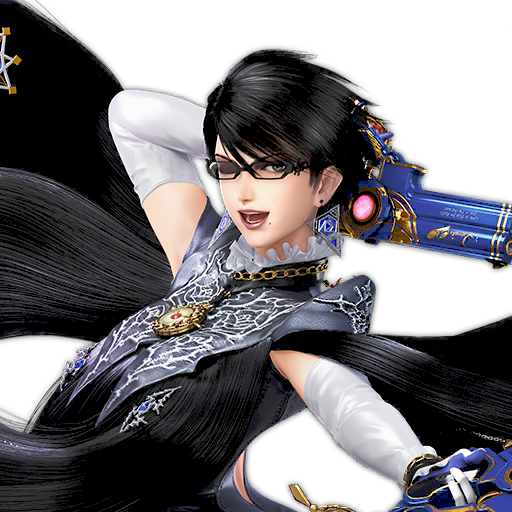
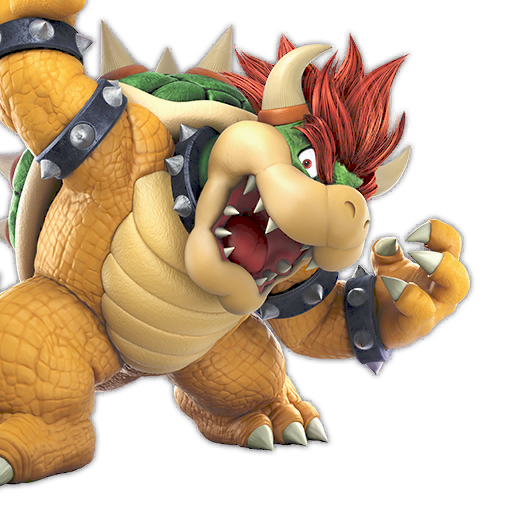
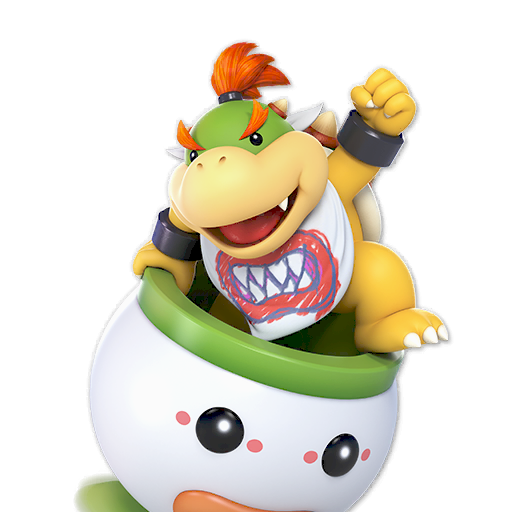
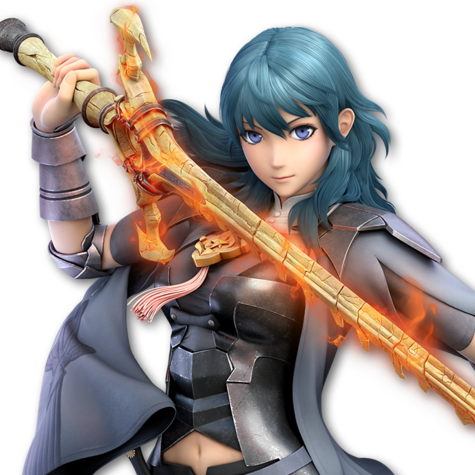
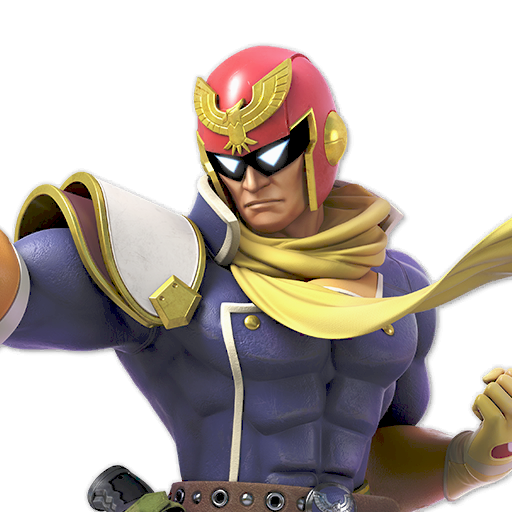
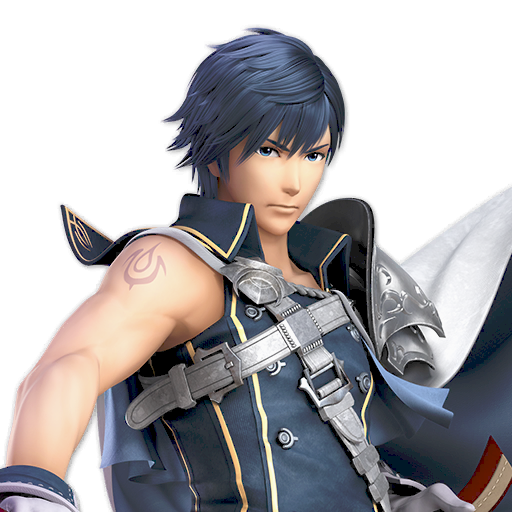
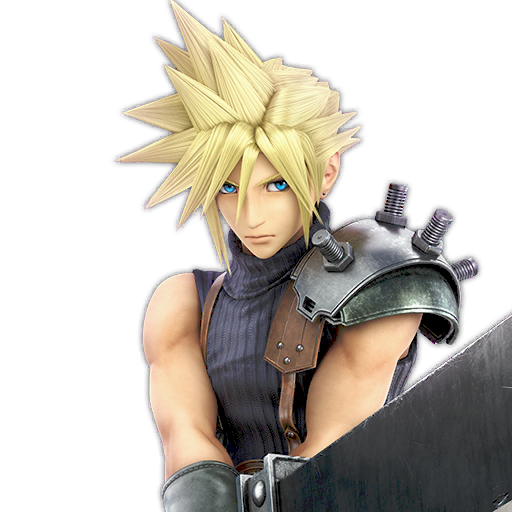
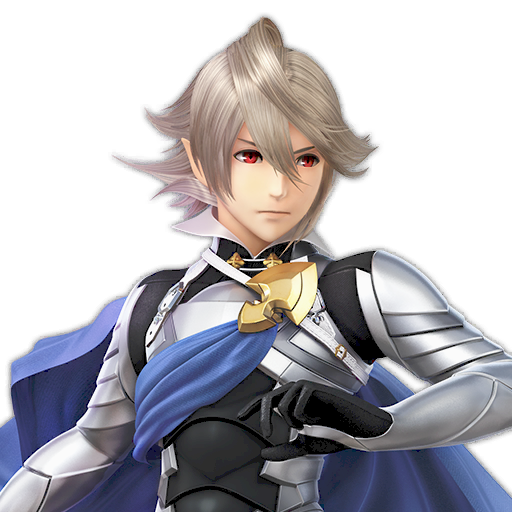

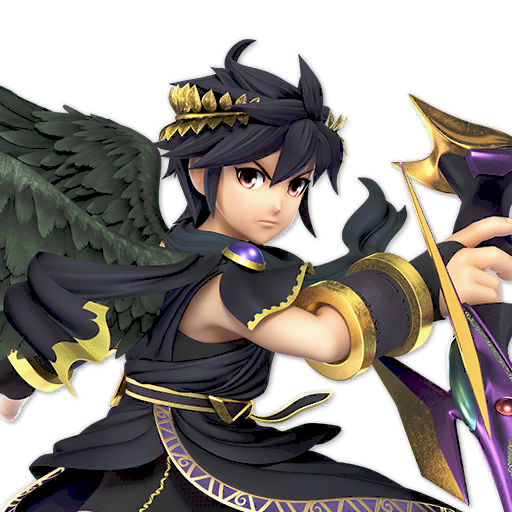
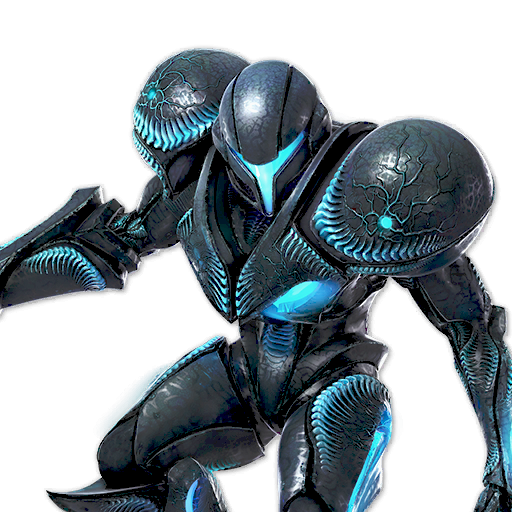




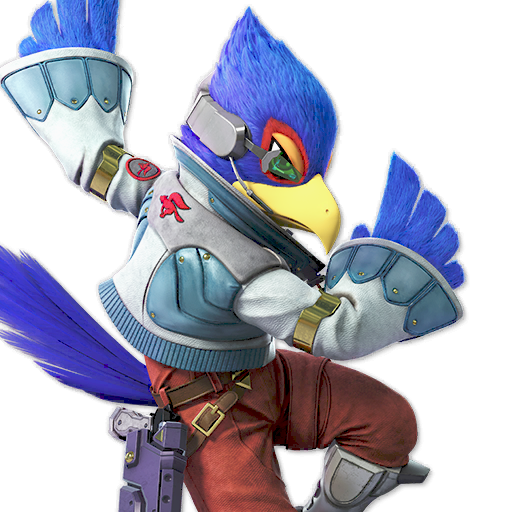

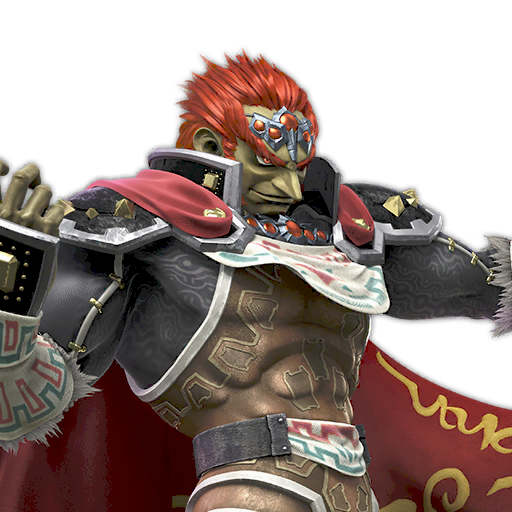
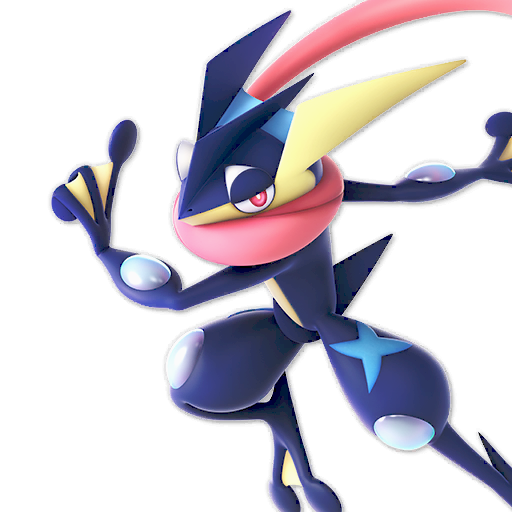


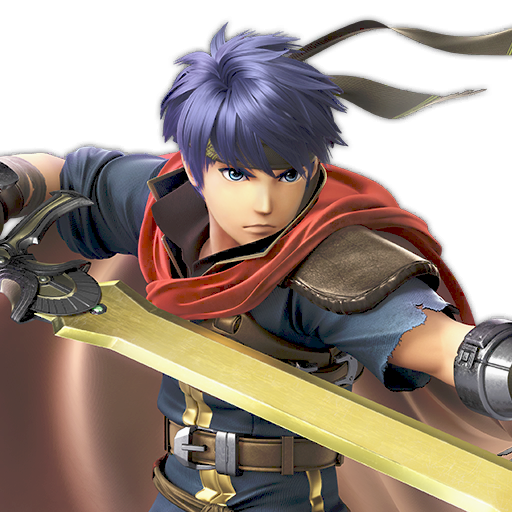
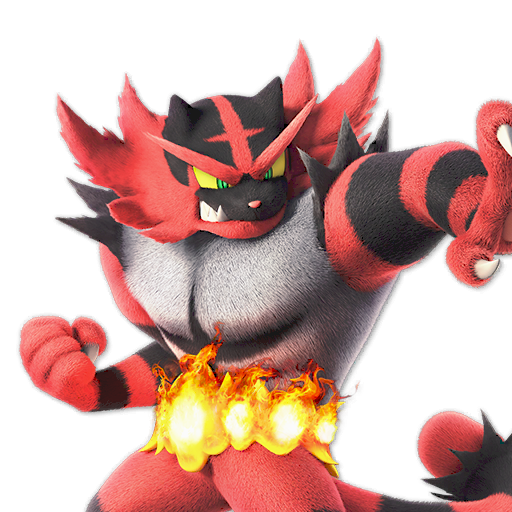




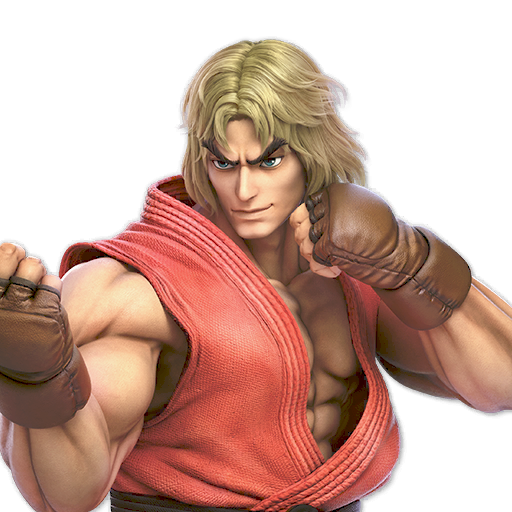
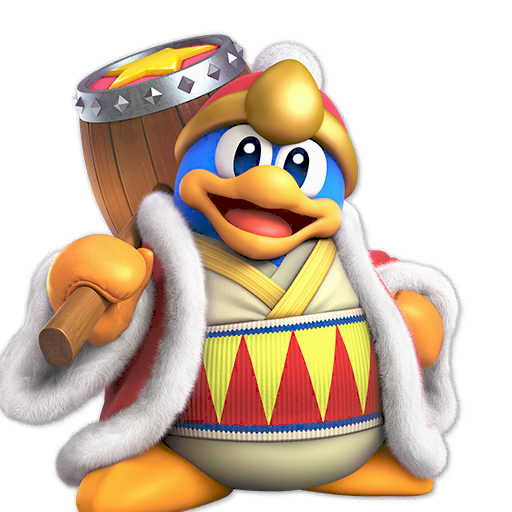
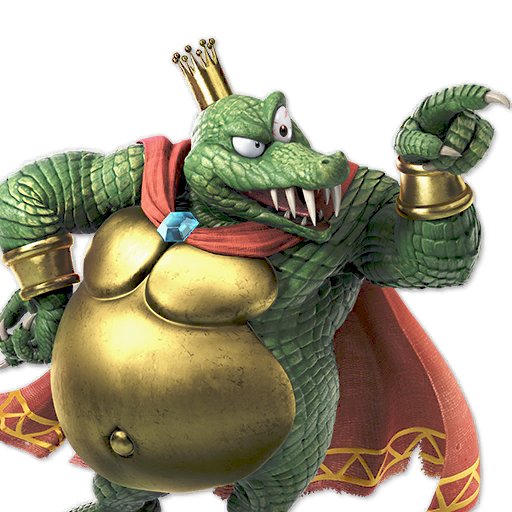

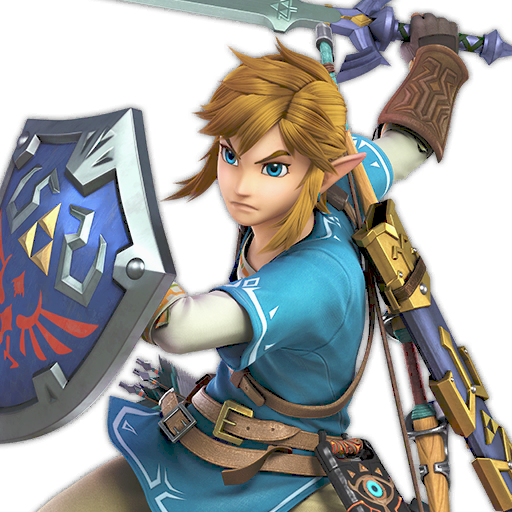
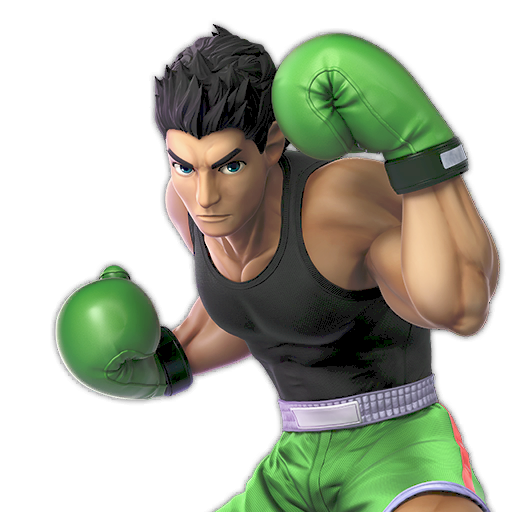
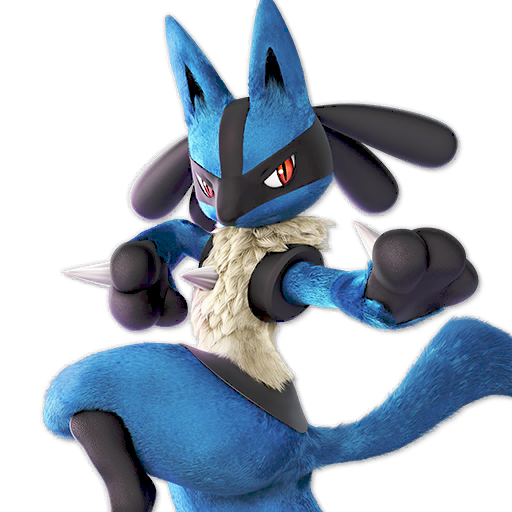


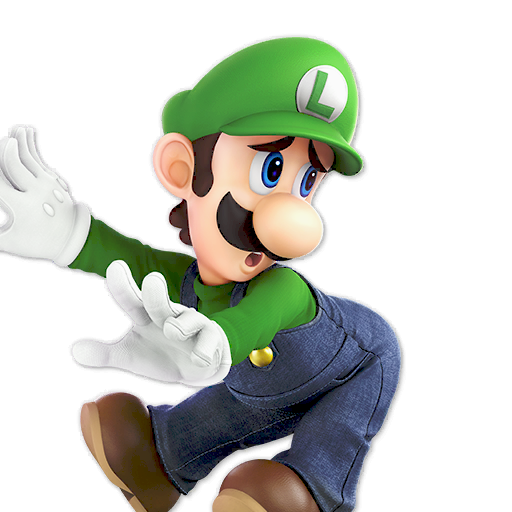
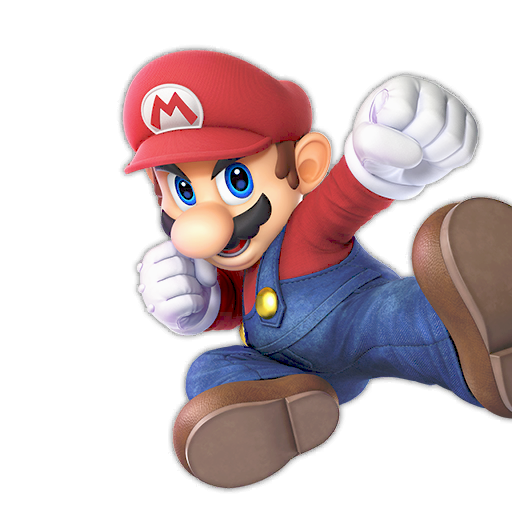
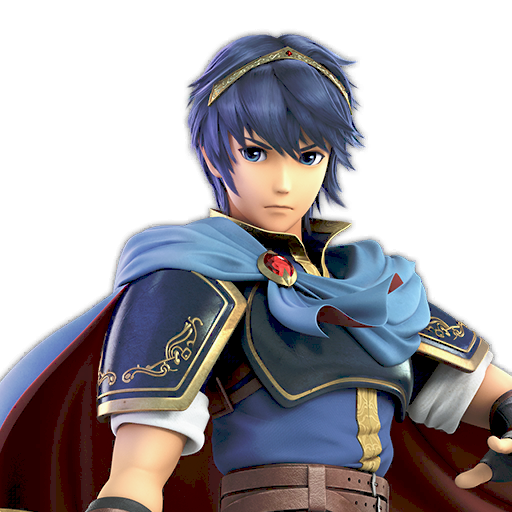
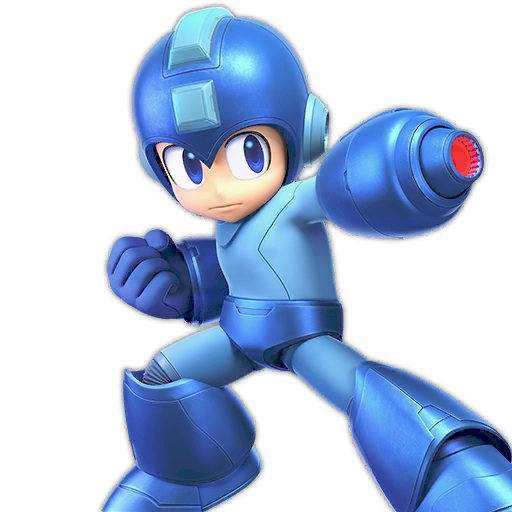
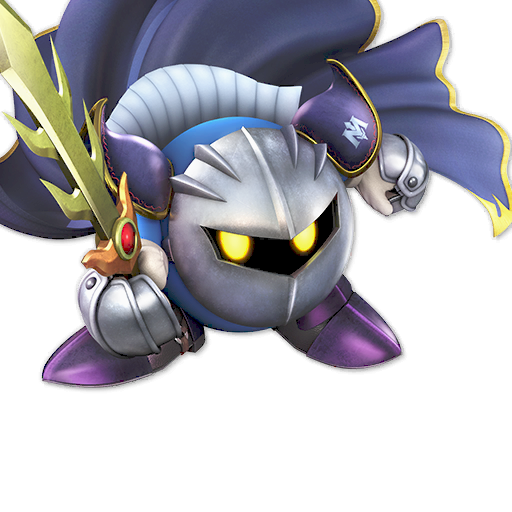
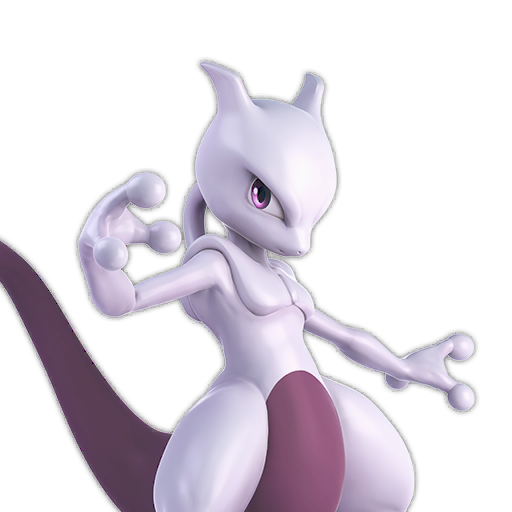
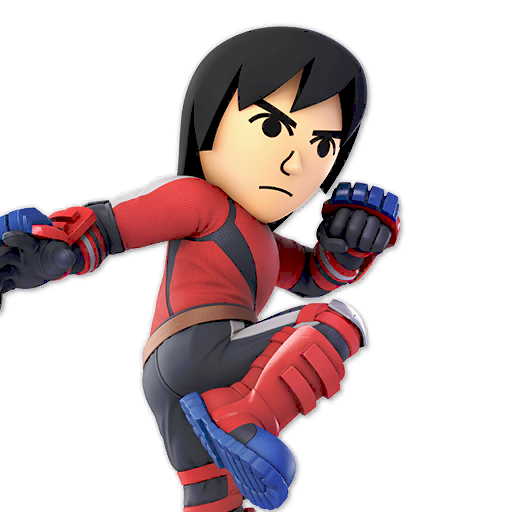
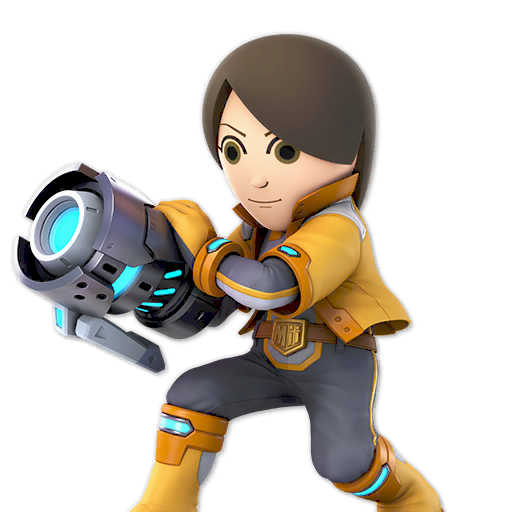

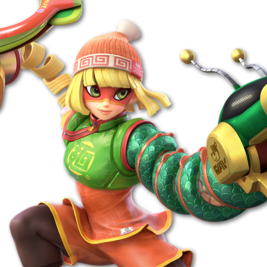
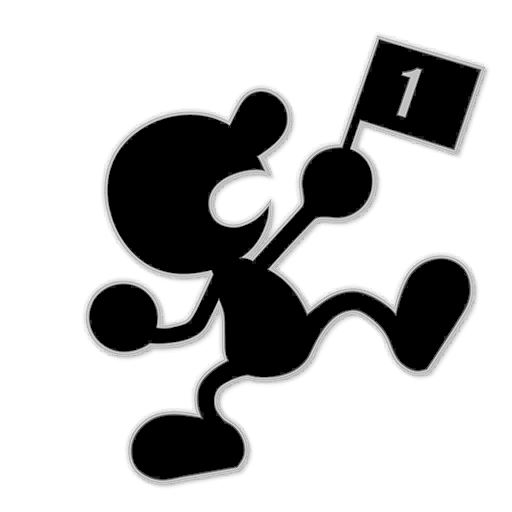
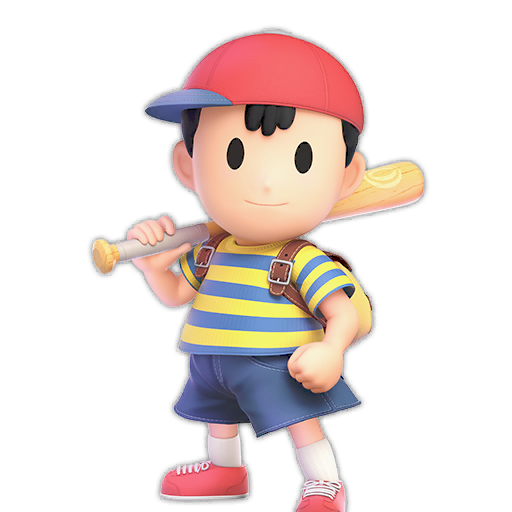
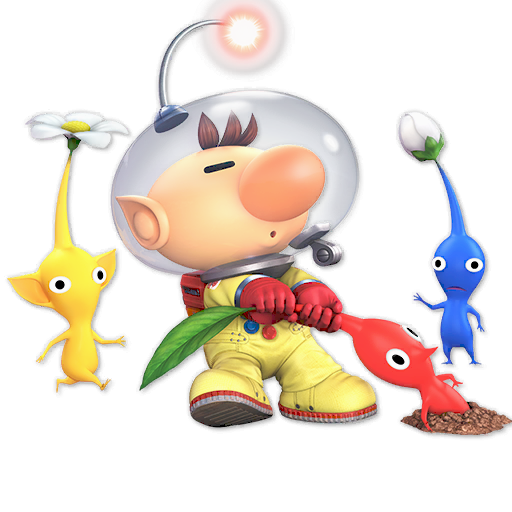
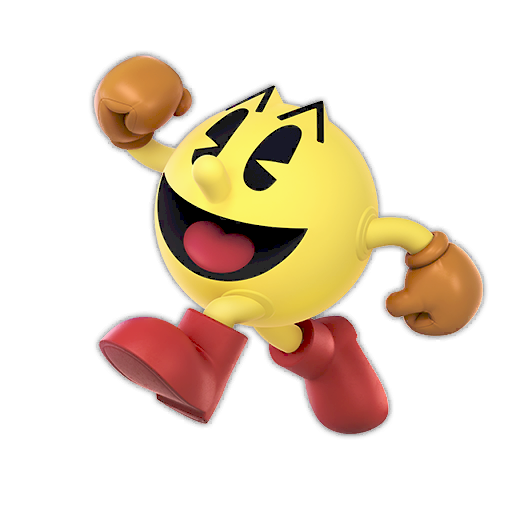

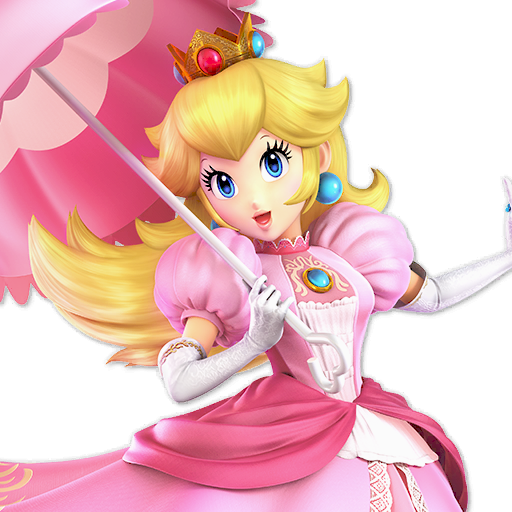



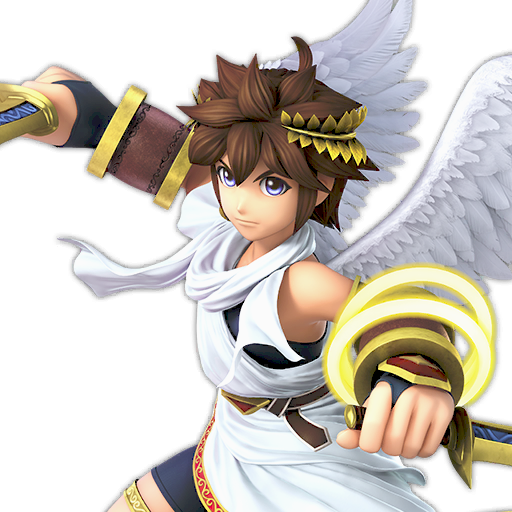
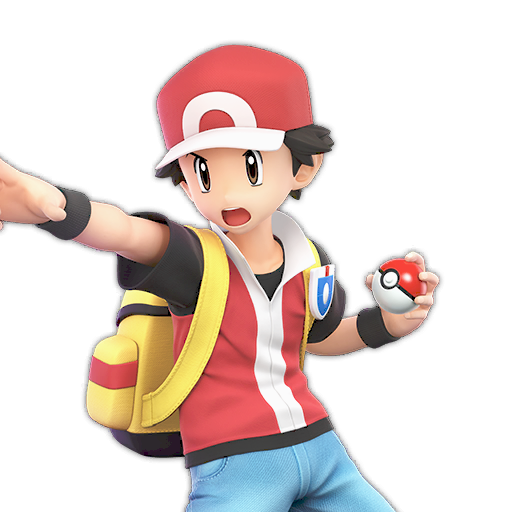
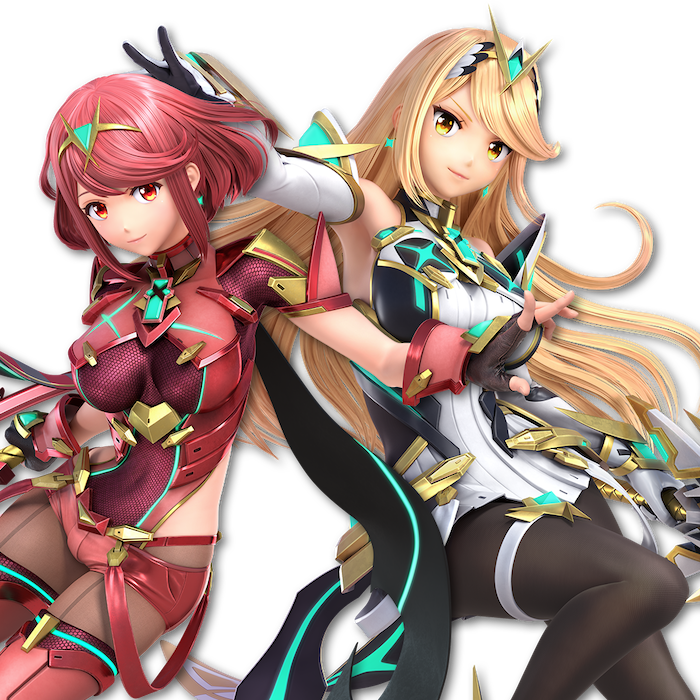
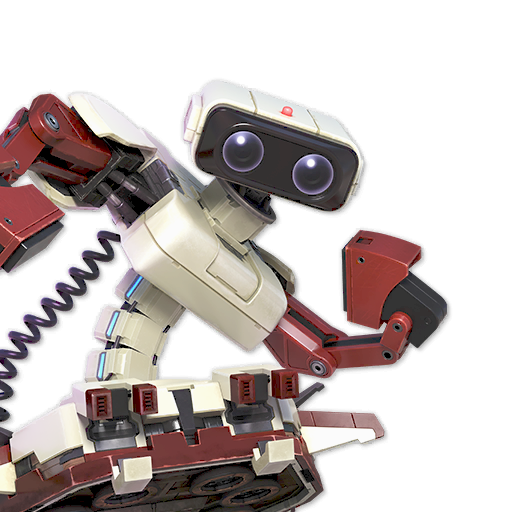
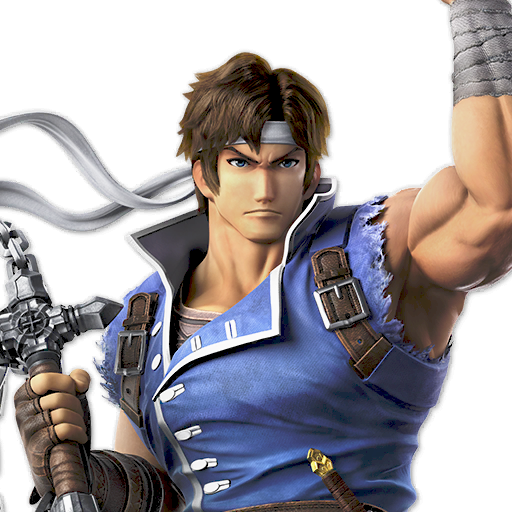
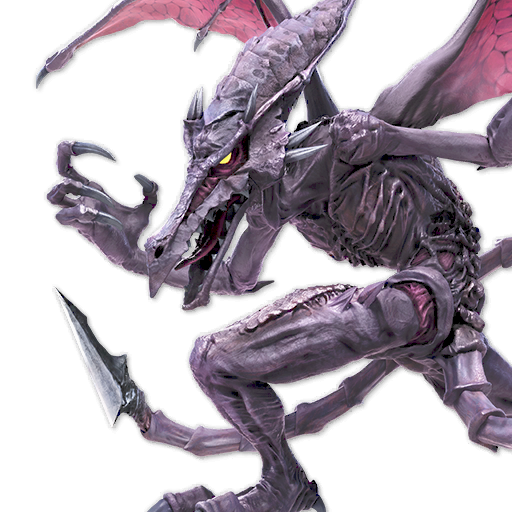
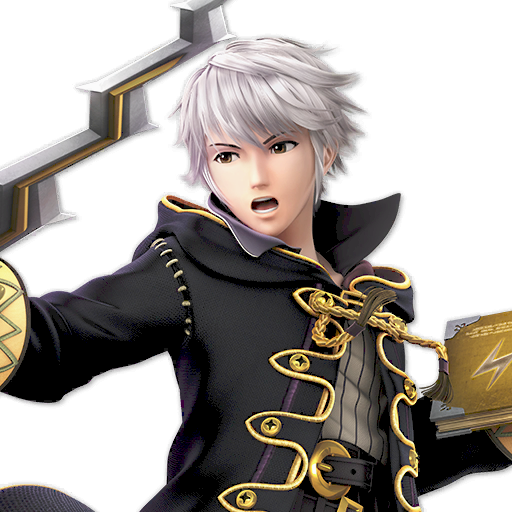
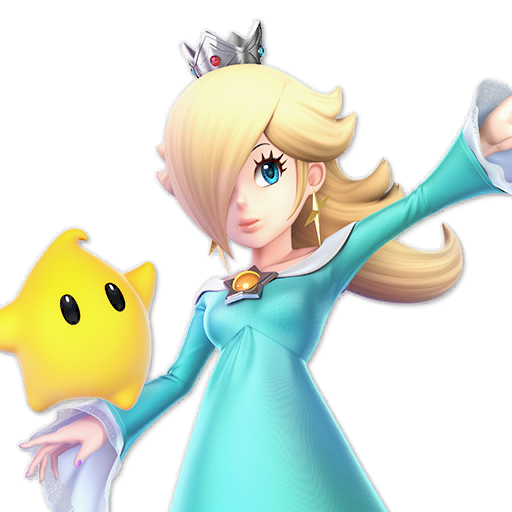
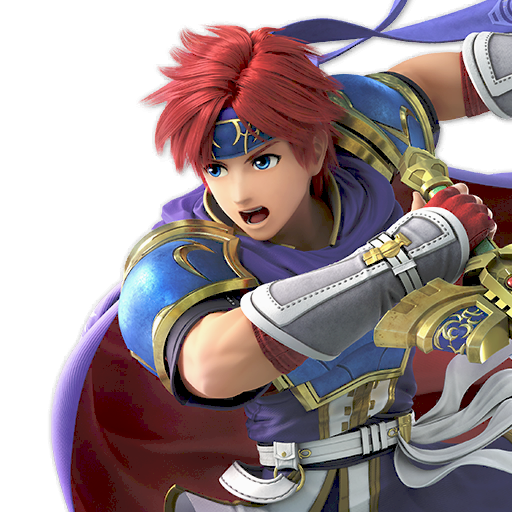
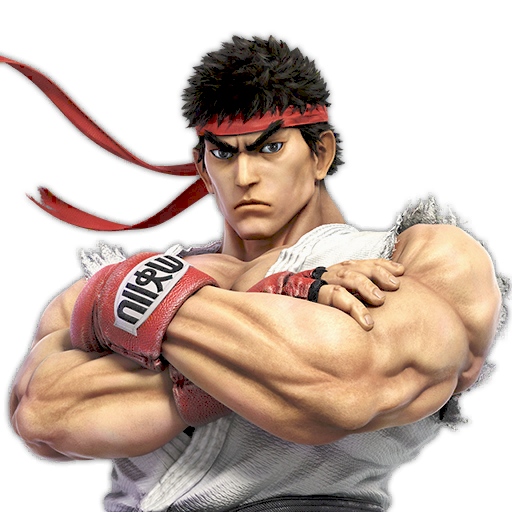
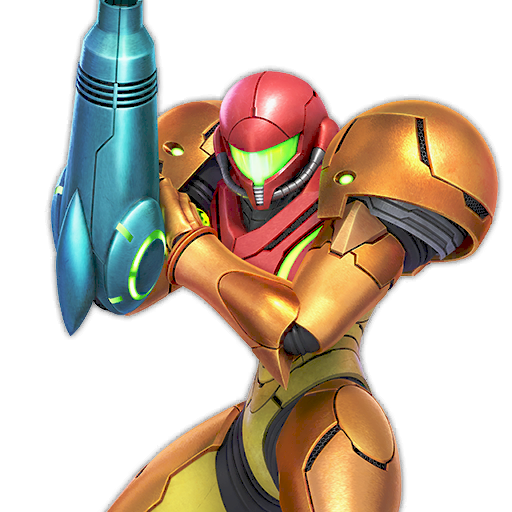
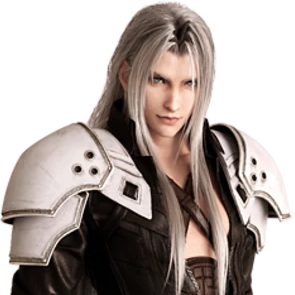
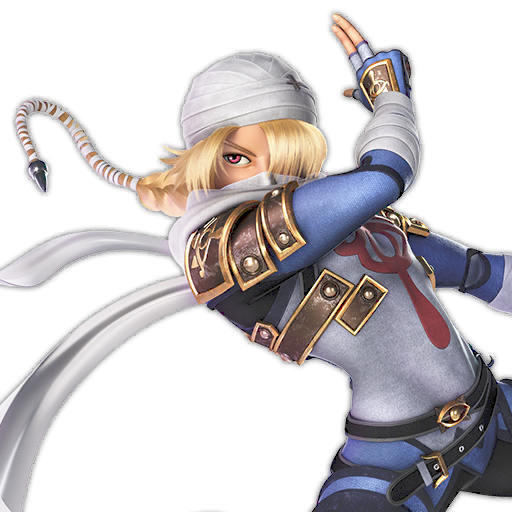
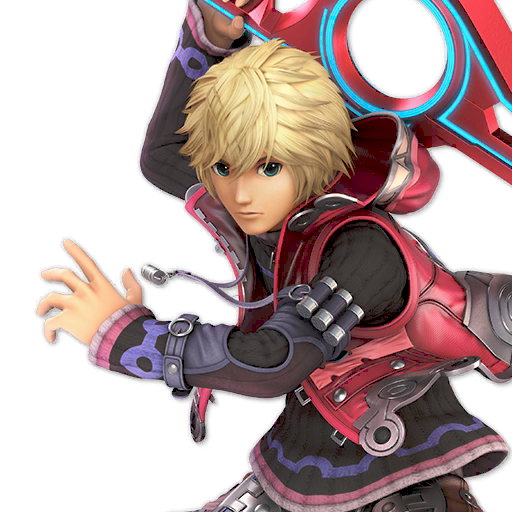
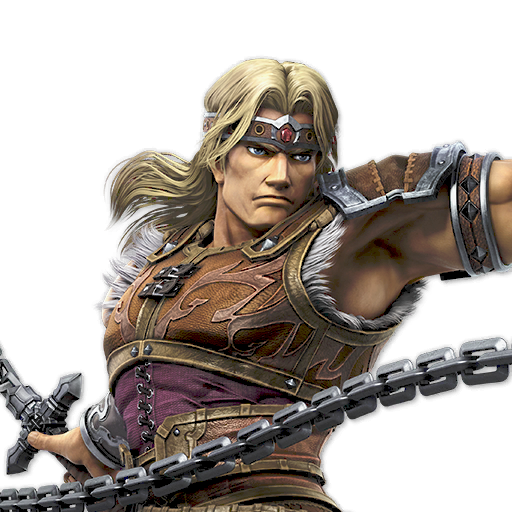

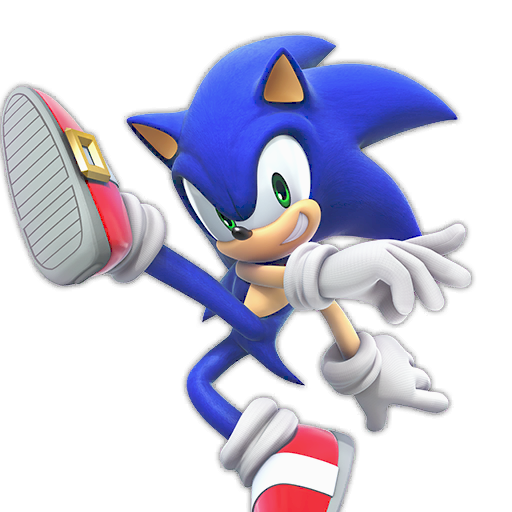


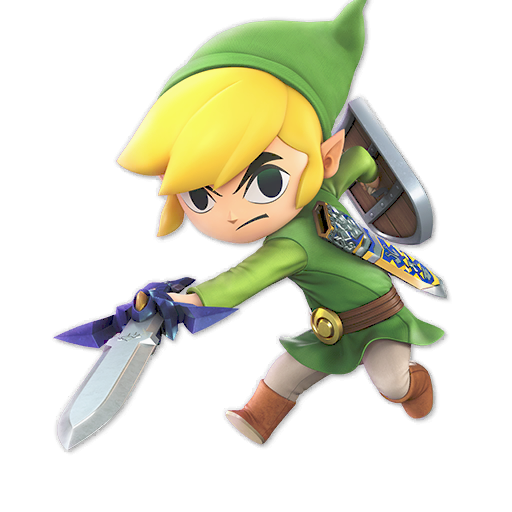
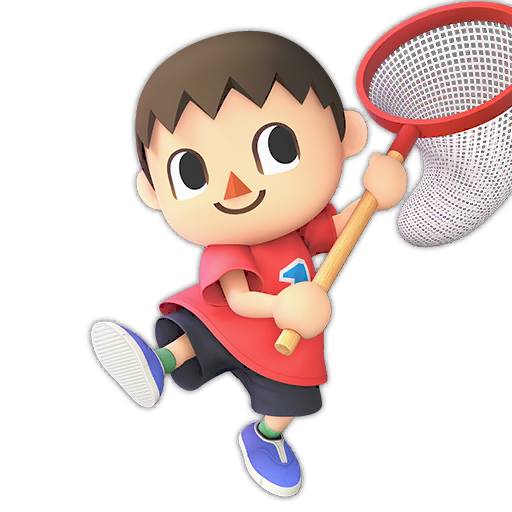

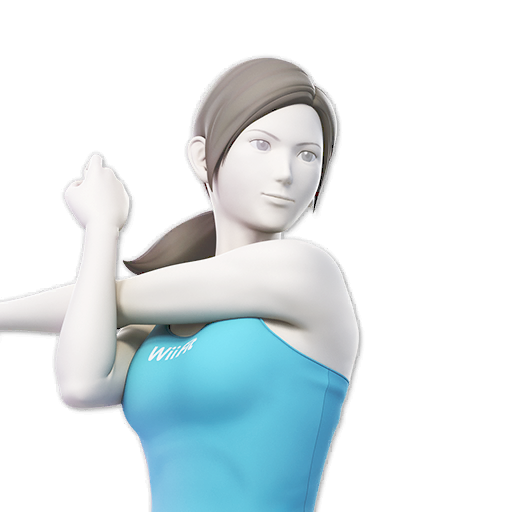


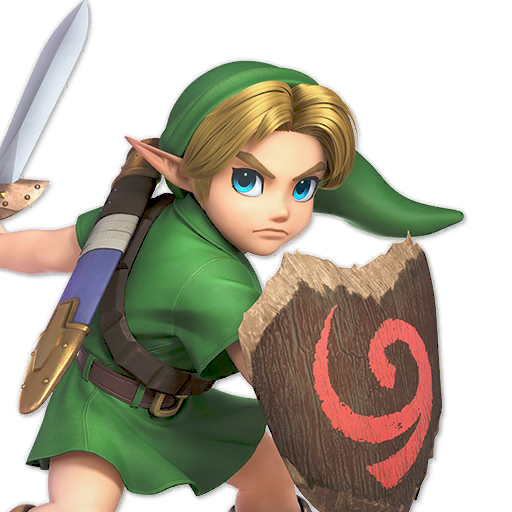
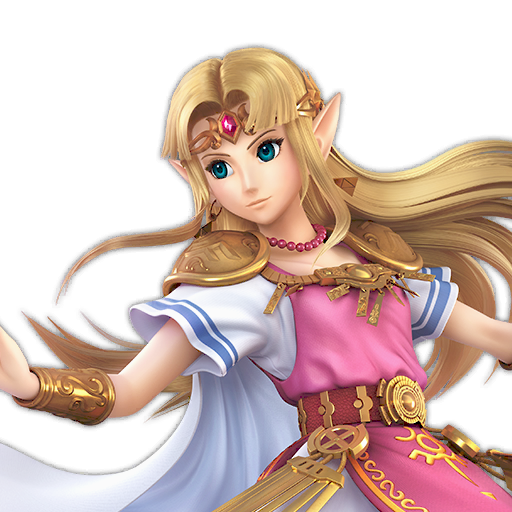
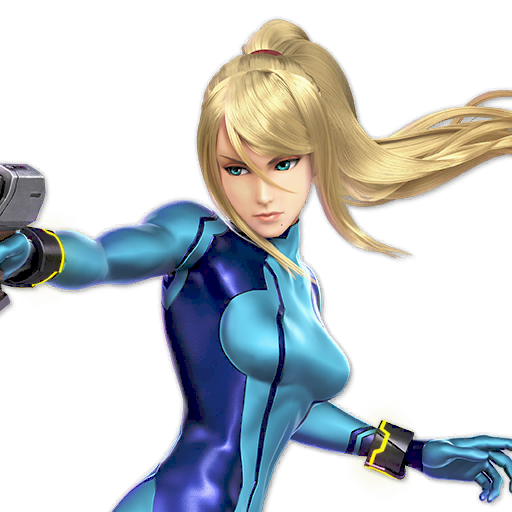
Comments